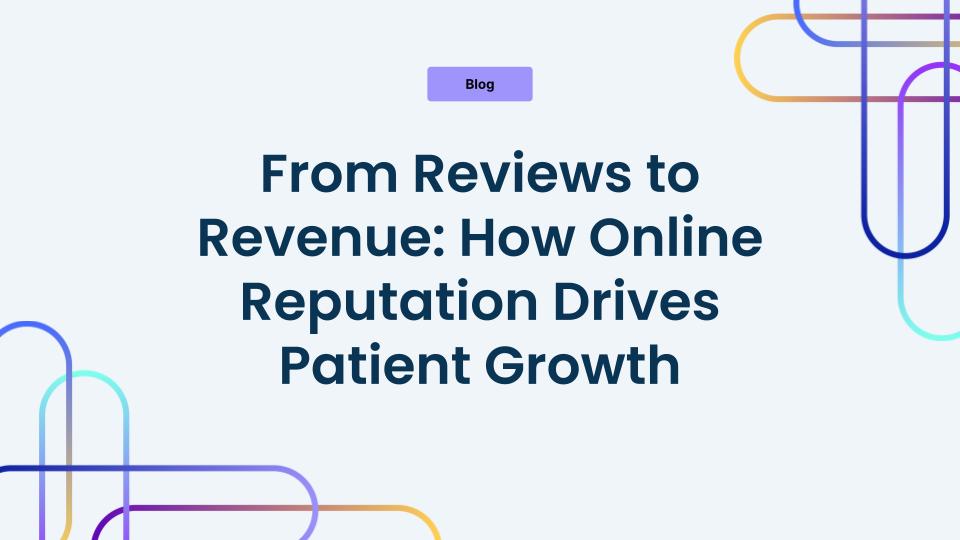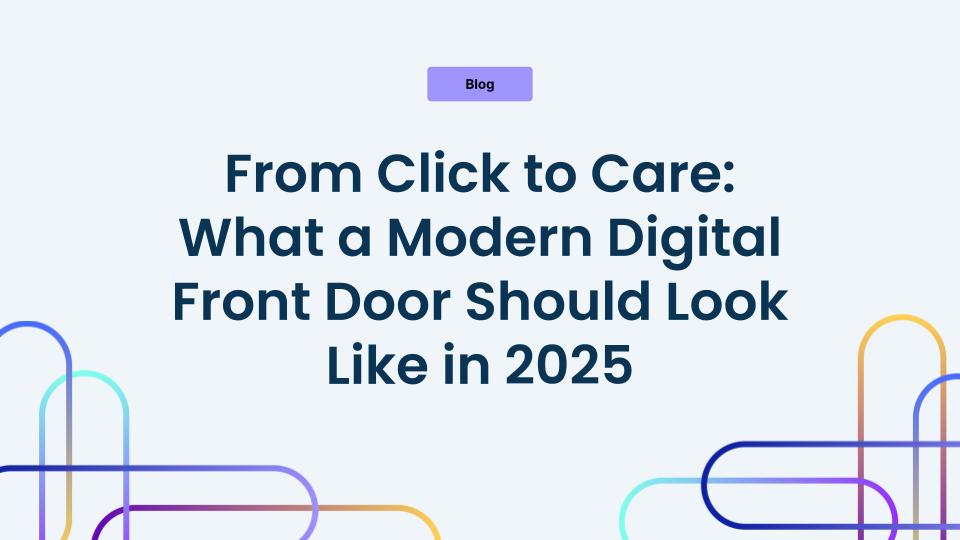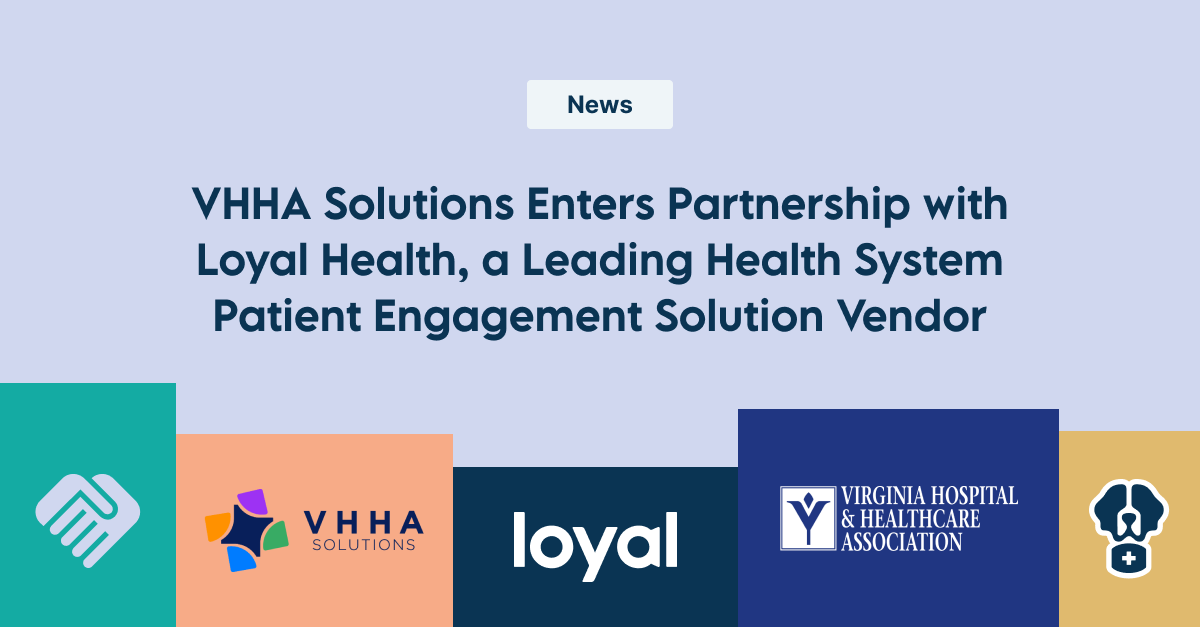By: Brian Gresh, President
In the 21st century, data is power. How do you want to handle that power?
Health systems often let third-party sites manage their consumer-facing data. That’s not necessarily a bad thing. After all, many of those vendors do a great job with data management. A good partner can help you display physician ratings, reviews, and other important healthcare information in smart, secure ways.
But if you’re considering whether to allow another vendor to manage your data, there are some points worth considering. Here are some positives, drawbacks, and a few items to consider when it comes to data ownership and choosing the right data partner.
Making the Most of Your Healthcare Data
Technology seems to get more complex by the minute. Ten years ago, you probably had a content management system (CMS) to manage your health system’s website. Today, that CMS is just one little piece of a towering tech stack. Your website is still the digital centerpiece of your brand, but now it has company: analytics tools, marketing automation tools, customer relationship management software, chatbots, messaging platforms, and an ever-growing list of applications, to name a few.
If you’re redesigning your website or adding new components, you’re probably focused on creating a great user experience. Of course, user experience is important, but too often we spend so much time thinking about the end product that we forget to look below the surface at the foundational components of our digital properties. You can’t build a 10-story building if the foundation is cracked. And you can’t fully leverage the power of your digital tools if your data is hard to access or housed in multiple places.
Picture a visitor who’s looking for information about accepted insurance plans or healthcare providers. If he reads one thing on a third-party site but hears something else when he calls your contact center, it makes for a really sour consumer experience. On the other hand, when you own your primary data, you can make sure different data types play nicely together. When your data is accessible and organized, you can make the most of each visitor’s journey through your site.
Drawbacks of Third Party Management
Even if a relationship with a third-party site is going smoothly, there can be potential drawbacks if you don’t own your consumer-facing data.
Brand and image are important, especially in the digital world. If information such as a physician directory or scheduling services is handled by another website or subdomain, you might not have any say over how that information is displayed. When you manage your own data on your website, you can convey your own look and feel, but a third party can make it difficult.
Visitors to your health system site find you in a variety of ways. They can either head straight to your site for information, or use a search engine for health information they need. If you are handling your own data, you can better harness search engine optimization tools to make sure your customers find the right answers to their questions.
Data is powerful, but it’s also only useful when it’s accurate. If a consumer Google searched the address of a coffee shop and showed up to find a vacant lot, she’d be frustrated. If the info she was looking for was a physician instead of a cappuccino, it wouldn’t just be frustrating — it could negatively affect her health. Maintaining ownership over your data means you can ensure it is accurate and up-to-date.
Choosing a Data Partner
At the end of the day, choosing the right data management partner is an important decision for a health system. After all, your data management platform will serve as a foundational component for any technology you incorporate into your tech stack now and in the future, so it’s important the platform and API play well with others. Eventually, if your data platform doesn’t allow data to flow freely, it can cause major issues down the road including the integrity and accuracy of the data.
It’s important to keep your health system’s best interests in mind when reviewing a data usage agreement. Your data usage agreements needs to specify that:
- Your health system’s data belongs to your health system
- The agreement spells out exactly how you want the data to be used/shared
- Data can easily be shared between platforms and through APIs
- There should not be additional costs to export your data
If your health system doesn’t control its data it can be like taking two steps forward and four steps back any time you want to update your website, enhance your tech stack, or make a change in your own data management platform. In an age where data is power, it’s important to ensure that you maintain power over your data.




